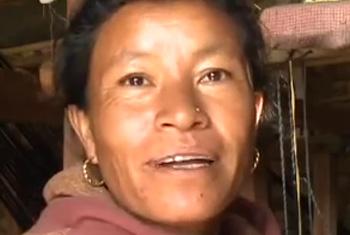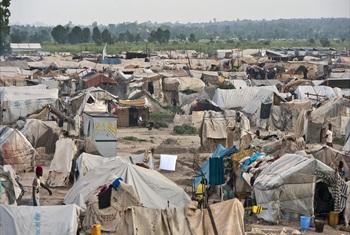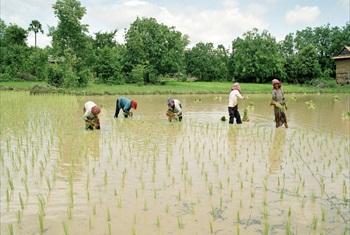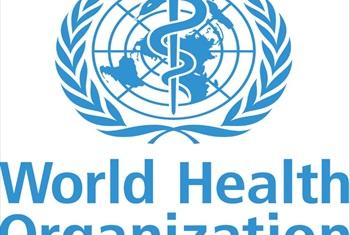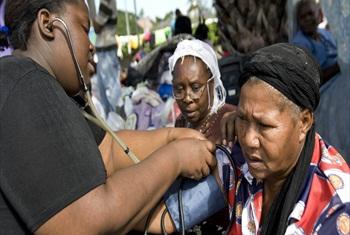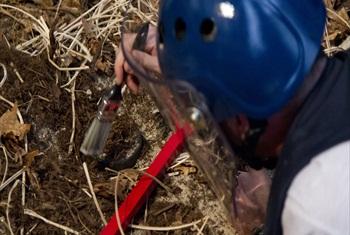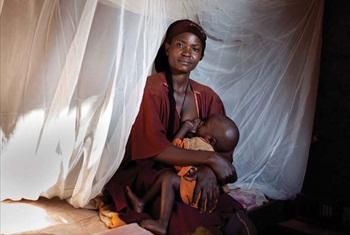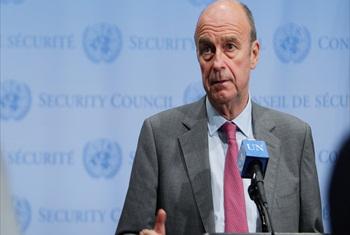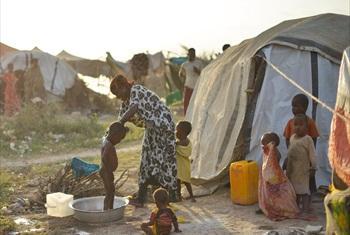New skills change attitudes and build confidence in rural Nepal
Women in rural Nepal are learning new skills which are not only allowing them to provide for their families, but are also changing attitudes.
The skills are helping the women in western Nepal to start their own micro enterprises, as part of a programme supported by the UN International Fund for Agricultural Development (IFAD).
As James Heer reports, the new businesses are helping women to gain economic independence and to reduce poverty in the South Asian country.
Duration: 2'46"

